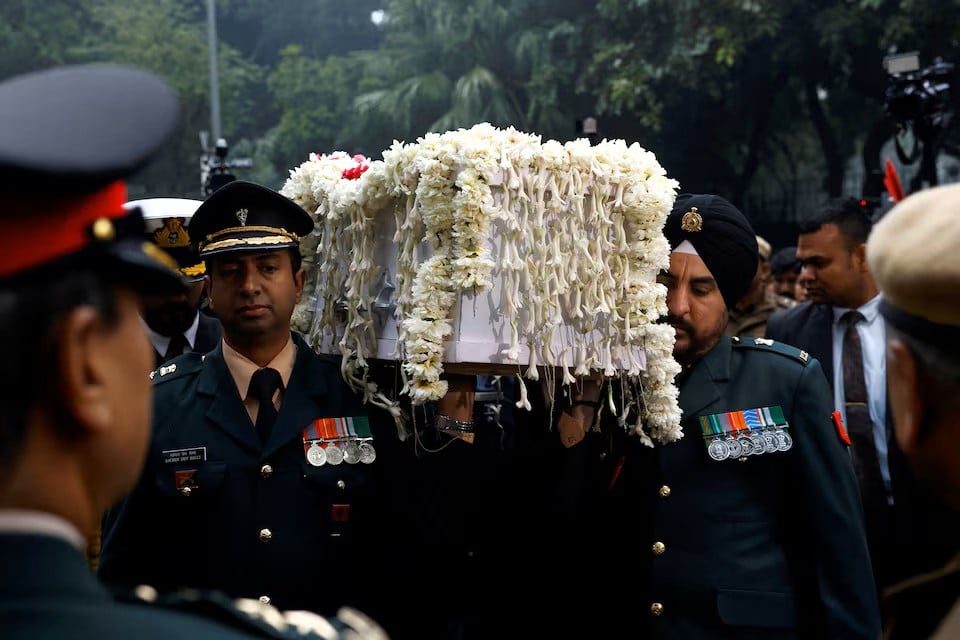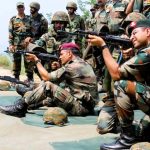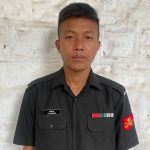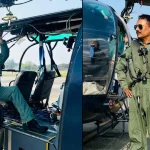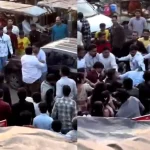State funerals in India are significant events that honor the deceased with military and ceremonial rites, reflecting their contributions to the nation. The criteria for who qualifies for such a funeral have evolved over time, leading to some complexities and discussions about the eligibility of various individuals.
This article delves into the protocols surrounding state funerals in India, the dignitaries who qualify, and the controversies that may arise from these decisions
The Concept of a State Funeral
A state funeral is a ceremonial event that is organized to honor prominent individuals who have made substantial contributions to the nation. These funerals are often marked by elaborate arrangements, including military honors, a gun salute, and the draping of the coffin with the national flag. The significance of a state funeral lies not only in the recognition of the individual’s achievements but also in the collective mourning of the nation.
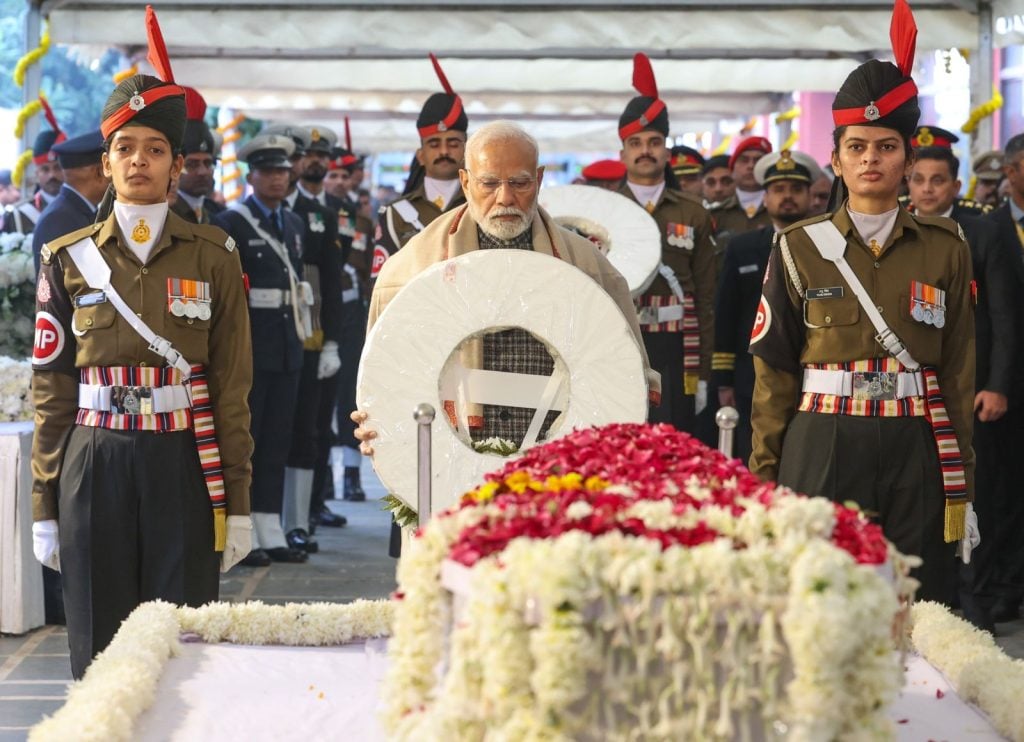
Historical Context
The tradition of state funerals in India can be traced back to the first state funeral held for Mahatma Gandhi in 1948. Since then, several notable figures have been accorded this honor, including former Prime Ministers, Presidents, and individuals who have significantly impacted various fields such as politics, arts, and social service. The ceremonies serve as a reflection of the nation’s respect and gratitude for the contributions of these individuals.
Key Features of State Funerals
State funerals are characterized by several formalities:
- Gun Salute: A traditional military honor where a specific number of guns are fired in salute to the deceased.
- National Flag: The coffin is draped in the national flag, symbolizing the respect accorded to the individual.
- Public Mourning: A period of mourning is declared, during which flags are flown at half-mast, and public entertainment is often suspended.
Eligibility Criteria for State Funerals
The eligibility for receiving a state funeral is determined by a combination of historical precedent, legal guidelines, and discretionary powers exercised by government officials. The following categories of individuals are typically considered eligible for state funerals:
1. Heads of State
Current and former Presidents and Prime Ministers are automatically entitled to state funerals. This reflects their highest constitutional status and the significant roles they have played in shaping the nation.
Protocols for Heads of State
- Full Military Honors: Including a 21-gun salute for Presidents and a three-volley salute for other dignitaries.
- National Mourning: Flags are flown at half-mast nationwide.
2. Government Officials
The eligibility extends to sitting Cabinet ministers, former Union ministers, and state governors. Their contributions to governance and public service warrant recognition through state funerals.
Considerations for Government Officials
- Consultative Process: The Chief Minister and senior cabinet members often consult before making a decision regarding the funeral.
- Public Holidays: In some cases, a public holiday may be declared.
3. Distinguished Citizens
Individuals who have made significant contributions in fields such as literature, science, arts, and social service may also be considered for state funerals, although this is subject to the discretion of the government.
Notable Examples
- Cultural Icons: Personalities like Lata Mangeshkar and Mother Teresa received state funerals due to their immense contributions to society.
- Controversial Cases: Some individuals, such as Bal Thackeray, received state funerals despite not holding any formal political office, sparking debates about eligibility.
The Role of Government in State Funeral Arrangements
The decision to grant a state funeral is often made by the government, which takes into account the individual’s stature and contributions. The process involves several steps:
1. Decision-Making Process
- Consultation with Officials: The Chief Minister consults with senior cabinet members and other officials to assess the eligibility of the deceased.
- Public Sentiment: The decision may also reflect public sentiment and the individual’s impact on society.
2. Official Communication
Once a decision is made, the home ministry communicates the arrangements to relevant state governments and officials. This includes:
- Gazette Notification: An official notice declaring the state funeral.
- Logistical Arrangements: The defense ministry coordinates the necessary arrangements for the funeral.
3. Funeral Protocols
The protocols for state funerals are strictly adhered to, ensuring that the ceremonies are conducted with dignity and respect. Key components include:
- Draping with the National Flag: The body is covered with the tricolor flag, symbolizing national respect.
- Gun Salute: Depending on the individual’s status, a specific number of gun salutes are performed.
Controversies Surrounding State Funerals
While state funerals are generally reserved for dignitaries, there have been instances where the discretion exercised by the government has led to controversies. These controversies often center around the question of who deserves such honors.
1. Public Outcry
The decision to grant state funerals to certain individuals has sometimes elicited public backlash. For instance, the state funeral of journalist Gauri Lankesh in Karnataka faced criticism due to her controversial views.
2. Discrepancies in Honors
Comparisons between how different individuals are honored can lead to debates. For example, the contrasting treatment of military leaders like Field Marshal Sam Manekshaw and Marshal Arjan Singh has raised questions about the consistency of state funeral protocols.
3. The Role of Media
Media coverage of state funerals can amplify public opinion, influencing perceptions of who should receive such honors. The portrayal of certain individuals can sway public sentiment, leading to demands for equal treatment.
The Changing Landscape of State Funerals
As society evolves, so do the criteria and protocols surrounding state funerals. The following factors contribute to this changing landscape:
1. Evolving Guidelines
The guidelines governing state funerals have been relaxed over the years, allowing for greater discretion in determining eligibility. This shift reflects changing societal values and the recognition of diverse contributions.
2. Increased Public Awareness
With the rise of social media and instant communication, public awareness regarding state funerals has grown. This increased visibility has led to greater scrutiny of government decisions.
3. Cultural Sensitivity
The criteria for state funerals are now increasingly influenced by cultural considerations. Recognizing contributions to various fields, including arts and religion, reflects a broader understanding of what constitutes national significance.
Recommendations for Standardizing State Funerals
Given the complexities and controversies surrounding state funerals, there is a growing call for standardized guidelines. Some recommendations include:
1. Clear Eligibility Criteria
Establishing clear and transparent criteria for who qualifies for a state funeral can help eliminate ambiguity and potential controversies. This could involve:
- Defining Contribution Areas: Outlining specific fields of contribution that warrant state honors.
- Public Input: Allowing for public feedback on eligibility decisions.
2. Uniform Protocols
Standardizing the protocols for state funerals can ensure consistency across different cases. This could involve:
- Defining Gun Salute Protocols: Establishing a clear hierarchy for the number of gun salutes based on the individual’s status.
- Public Mourning Guidelines: Specifying when public mourning should be declared and the duration.
3. Government Accountability
Ensuring that government officials are accountable for their decisions regarding state funerals can enhance public trust. This could be achieved through:
- Documentation of Decision Processes: Maintaining records of consultations and decisions made regarding state funerals.
- Public Reporting: Providing regular updates to the public about the criteria and decision-making processes.
Conclusion
State funerals in India are a reflection of the nation’s respect for individuals who have made significant contributions to society. Understanding the eligibility criteria and protocols surrounding these funerals is essential for appreciating the complexities involved.
As society continues to evolve, so too must the guidelines governing state funerals, ensuring that they remain a fitting tribute to those who have shaped the nation. Balancing tradition with contemporary values will be key in maintaining the integrity and significance of state funerals in India.
What is SFTS – Special Forces Training School of Indian Army?

